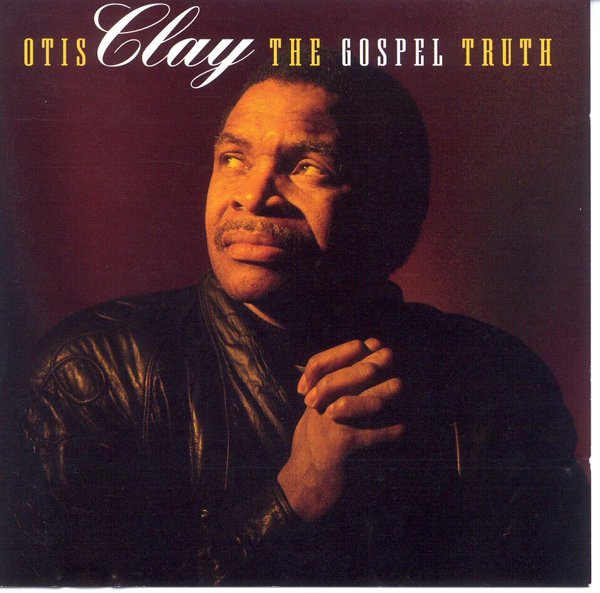The Gospel Truth
In the mid ‘90s, it appeared that Otis Clay made a pivot to gospel music—but it would be more accurate to say that he returned to his roots. The legendary blues singer, responsible for hits like “Trying To Live My Life Without You” and “The Only Way Is Up,” understood the symbiotic relationship between religious and secular Black music, even as he left the church and started cutting soul records. Preferring not to call himself religious, he described himself as spiritual, defining himself by his values rather than upholding tradition. Inspired by artists like Marvin Gaye, who made spirituality part of his work while giving himself room to explore his vices, Clay split his time between gospel and the blues and recorded a spiritual record for the first time since his humble beginnings. The Gospel Truth sounds like an Otis Clay that’s just as much in his element as he is on his blues records; they’re two portraits of the same man.


